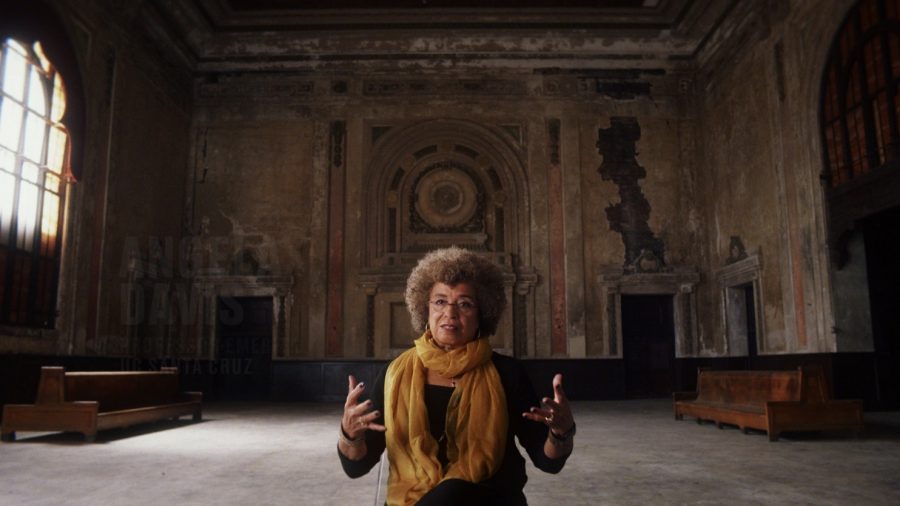Review: “13th”
Angela Davis is interviewed in “13th.”
December 15, 2016
After watching the Netflix Original Documentary 13th, I am left with a heavy heart and mixed emotions. The documentary gave insight into the U.S. prison boom and was centered around the 13th Amendment, which states, “Neither slavery nor involuntary servitude, except as a punishment for crime whereof the party shall have been duly convicted, shall exist within the United States, or any place subject to their jurisdiction.” The documentary begins by showing how the 1915 early motion picture A Birth of a Nation portrayed enslaved and free African Americans as rapists, among many other horrid things.
The documentary shows that after slavery ended in 1865, the government used an alternative method of maintaining the economy while still getting free labor in the United States. This method was called Wage Slavery–field labor that African Americans did for a very small amount of money. After Wage Slavery, the government enforced Jim Crow laws and segregation as another way to control and suppress the African American community.
The documentary also discussed how the War on Drugs was seen as primarily a crime issue, instead of a health issue. Drug abuse was more common in the poor inner cities, which were heavily populated by African American families. The War on Drugs gave members of the public the impression that narcotics and other drugs were associated with African Americans, painting them as criminals. Uneducated minorities were often arrested and falsely accused of crimes they didn’t commit, but since they were not fully aware of their rights, many pleaded guilty in the hopes of getting less jail time instead of going to trial. This caused the U.S. Prison population to go up from 357,292 in 1970 to 513,900 in 1980.
After watching the documentary, I am starting to believe that the American judicial system is completely unfair to minorities. America was built on minorities being viewed as inferior, ignorant, and incompetent. By criminalizing minorities, the economy was still able to acquire slaves. For example, some major clothing companies, such as Victoria’s Secret, used to depend on prison labor to produce some of their goods. When a felon has served his time and is released from prison they deserve a chance to start over, but instead they are unable to move on because they are unable to participate in rights that citizens in the United States have.




